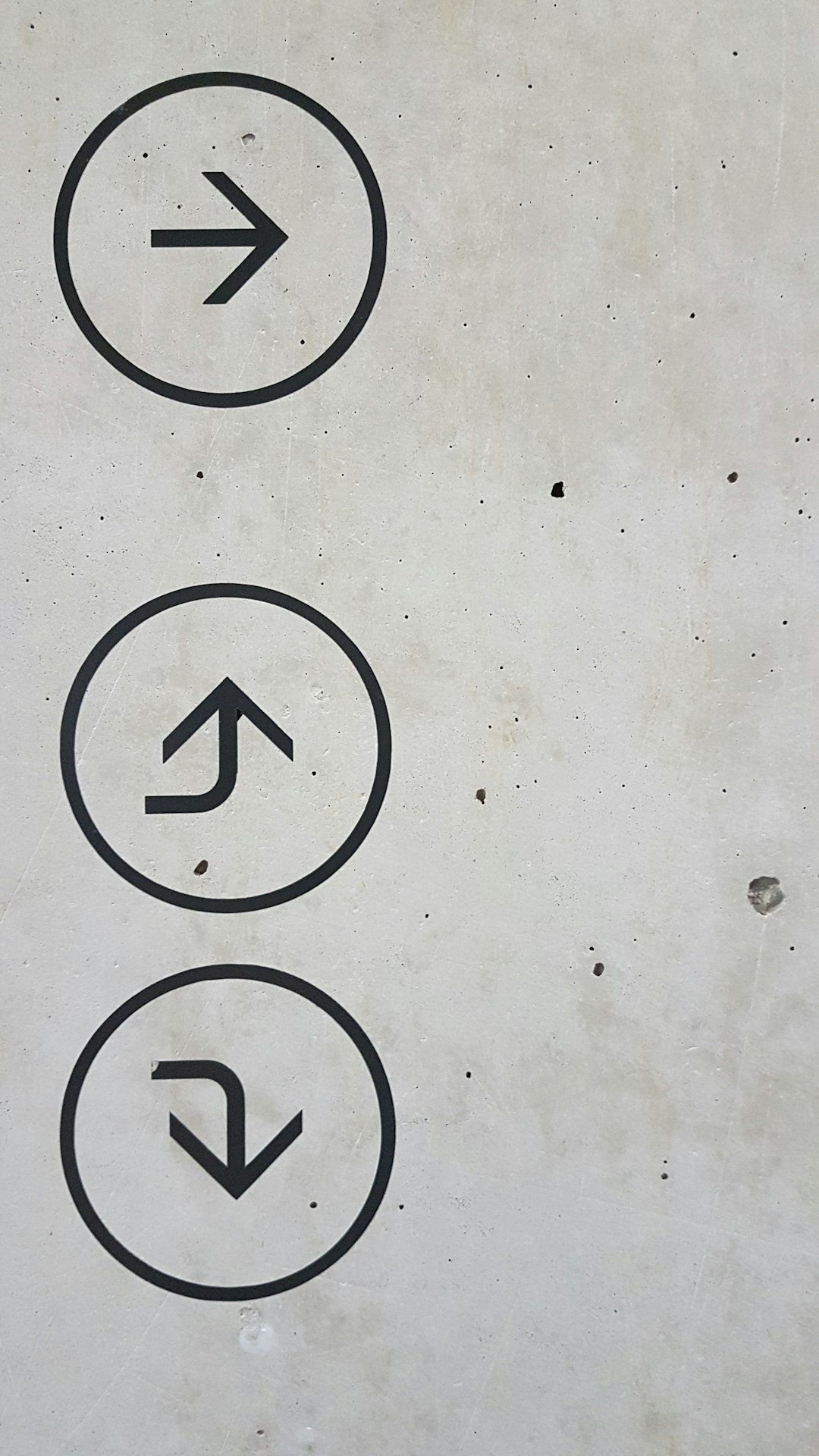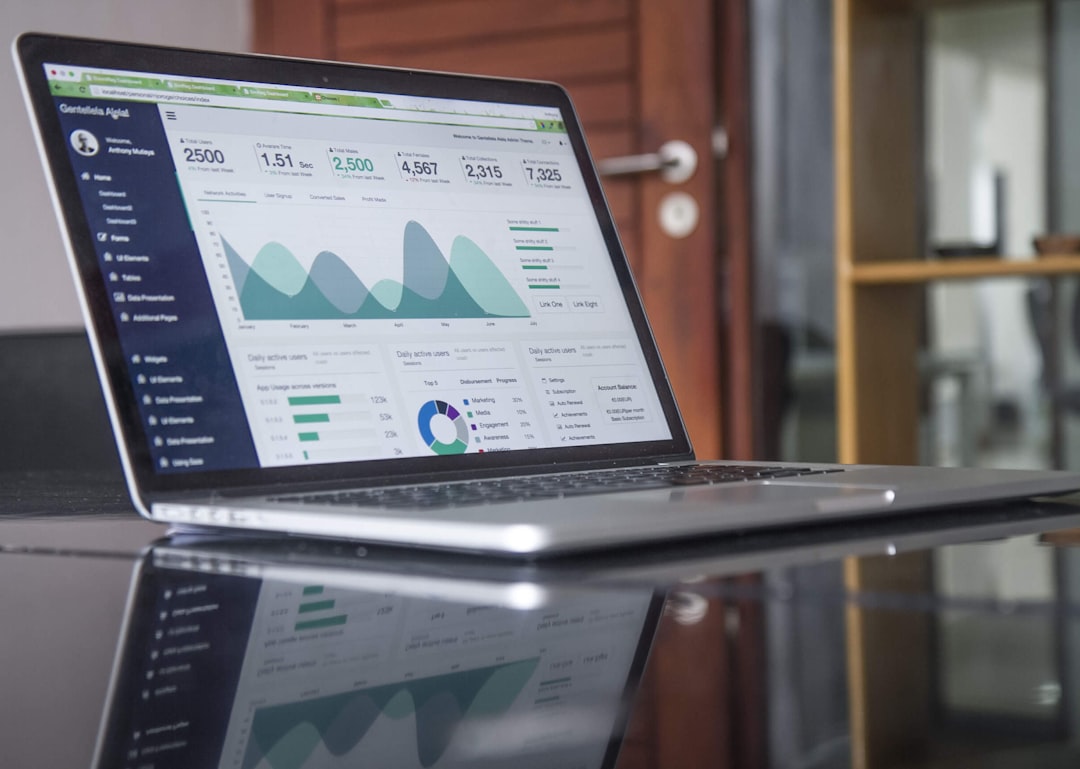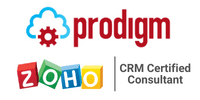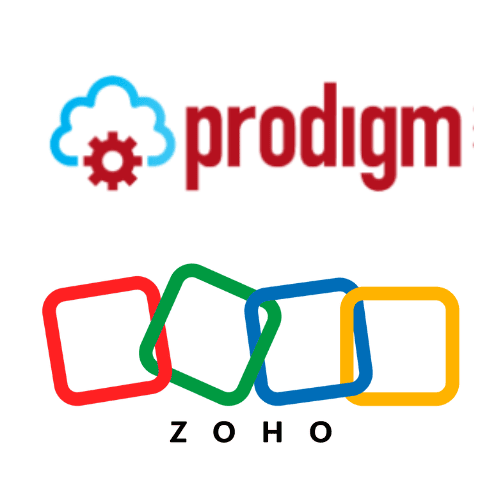Integrating Sales Process with CRM to work smarter, not harder
Integrating Sales Process with CRM to work smarter, not harder
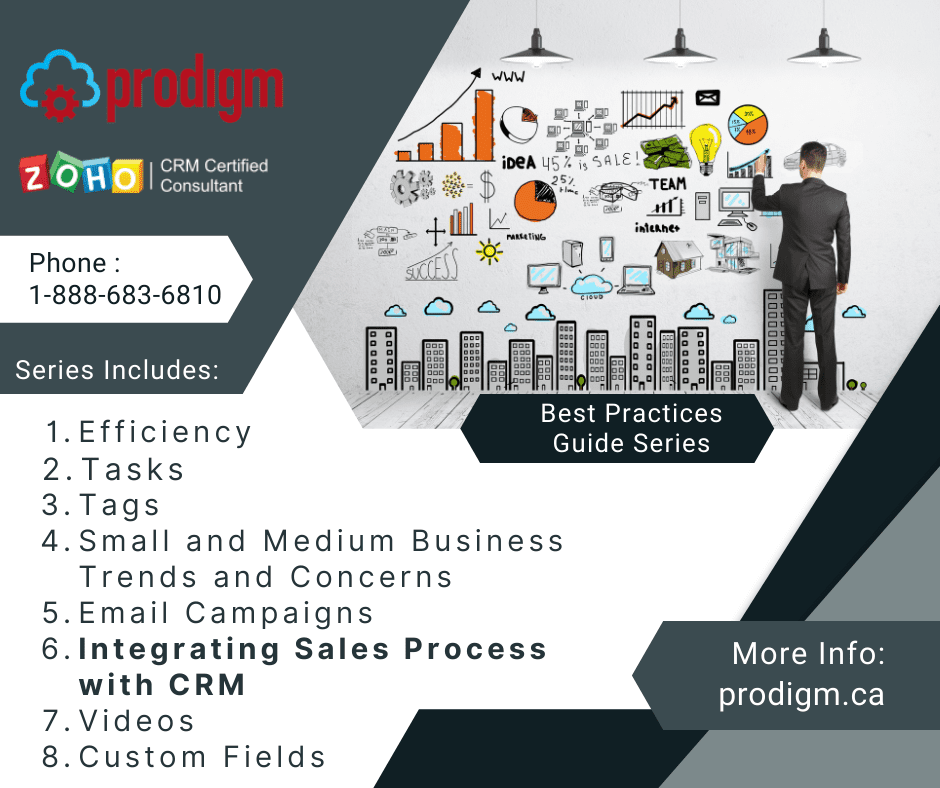
The Prodigm "Best Practice" series of blogs is designed to help you use your Zoho system to achieve your business goals.
- Are you losing sales opportunities because your sales people don't follow up at the right time?
- Do your sales people only concentrate on the bottom end of the funnel and neglect the top?
- Do you have a guided qualification system that you can rely on to be followed?
Finding and developing qualified leads is an expensive business process. Here's how to make sure your sales investment is spent as effectively as possible.
Best Practices
✔️ Qualify hard, close easy (understand your client's needs in-depth to offer the right
solution)
✔️ Don't show up and throw up (don't overwhelm your client with information about your
business and capabilities, rather focus on their needs and opportunities)
✔️ Discover the decision making process
✔️ Identify the decision team
✔️ Who is the final decision maker?
✔️ Identify three main problems you can solve
✔️ Find out when a solution is needed
✔️ Find out when and if a budget will be available
✔️ Why would they pick your solution rather than your competitor's
